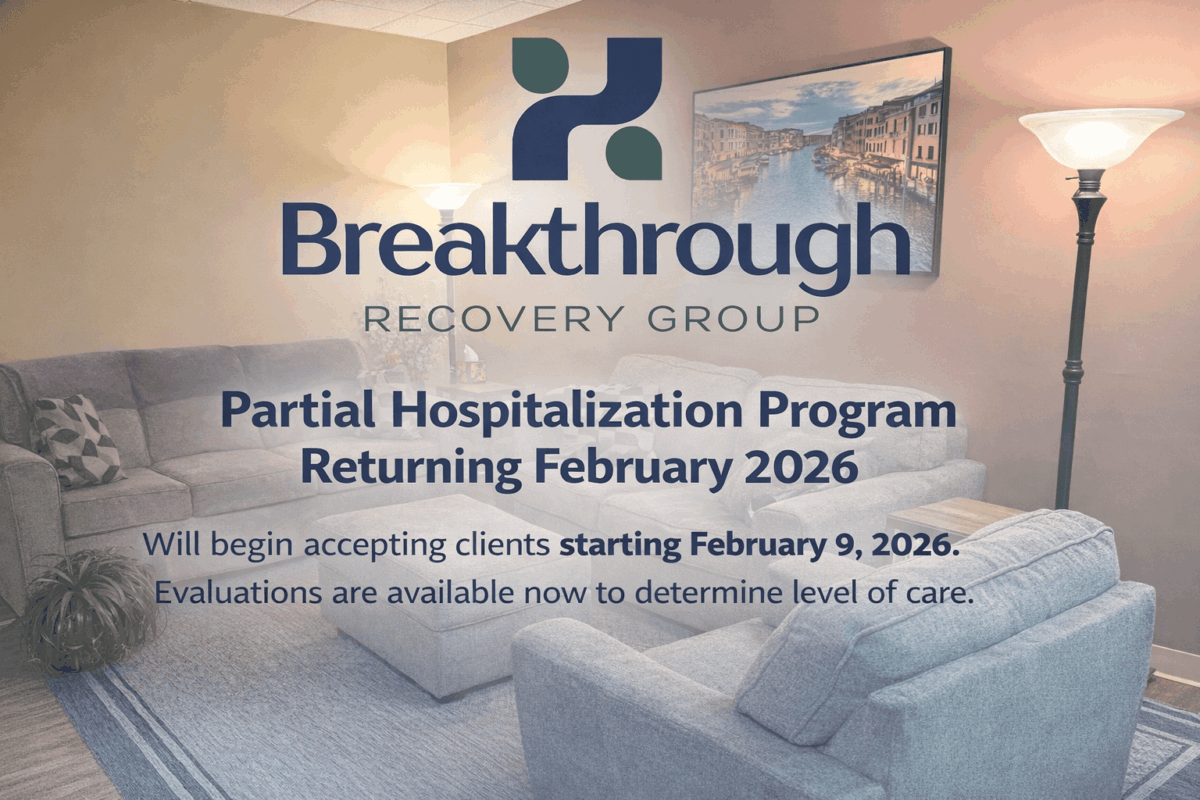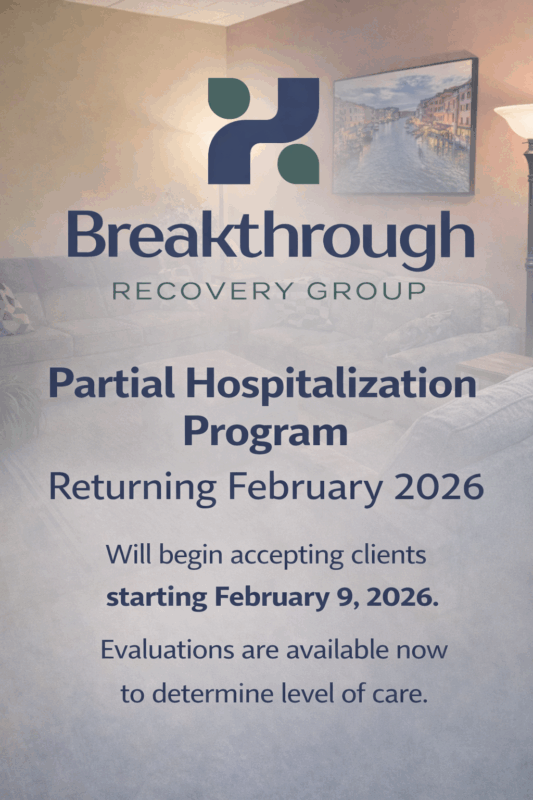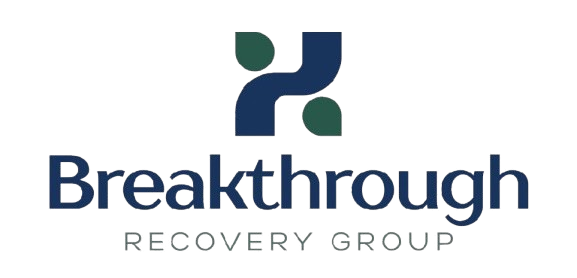
Exploring the Treatment Centers in Spokane WA
Understanding the Role of Addiction Treatment Centers
Substance abuse is a growing concern in Spokane, Washington, and the need for effective treatment centers is critical. These centers serve as a beacon of hope, offering various programs that cater to the unique needs of individuals. Treatment centers in Spokane WA are designed to provide comprehensive care, focusing on both the physical and psychological aspects of addiction. They offer services ranging from detoxification and residential inpatient programs to intensive outpatient care.
For many, the journey to recovery begins with acknowledging the problem and seeking help. Professional treatment ensures individuals receive personalized care tailored to their specific circumstances. This personalized approach not only aids in combating addiction but also equips individuals with tools for long-term sobriety. The expertise and compassionate care provided at these centers play a pivotal role in fostering recovery and resilience.
Types of Treatment Programs Available
Treatment centers in Spokane WA offer a multitude of programs designed to meet diverse recovery needs. These programs generally fall into several categories, including:
- Detoxification: A medically supervised process where individuals are safely weaned off substances.
- Inpatient Treatment: Residential programs providing 24/7 support and care.
- Outpatient Treatment: Flexible therapy sessions allowing individuals to maintain daily responsibilities while receiving treatment.
- Partial Hospitalization Programs (PHP): Intensive treatment during the day, with patients returning home at night.
- Intensive Outpatient Programs (IOP): Structured programs focusing on continued therapy after initial treatment stages.
The Impact of Trauma on Addiction and Recovery
Trauma is a significant factor in many addiction cases. Treatment centers in Spokane WA recognize this and often integrate trauma recovery as a core component of their programs. Individuals who have experienced trauma may turn to substances as a coping mechanism, further complicating the path to recovery. Recognizing and addressing these issues is crucial for effective treatment.
At centers like BTRG Spokane, therapists use trauma-informed care techniques to ensure clients feel safe and understood. This approach helps in building trust, which is essential for effective therapy. By addressing past traumas, clients can work towards healing and reducing the risk of relapse.
Personalized treatment plans are developed to tackle each individual’s history and trauma. This tailored care considers the unique emotional and psychological needs of the patient, which is vital for successful recovery.
Balancing Mental Health and Addiction Treatment
Many individuals seeking help at treatment centers in Spokane WA struggle with both mental health issues and substance abuse disorders, a condition known as dual diagnosis. Addressing both elements simultaneously can significantly improve recovery outcomes. Expert insight suggests that ignoring mental health problems can undermine addiction treatment efforts, leading to relapse.
BTRG Spokane adopts an integrated approach to care, ensuring mental health conditions like depression and anxiety are treated alongside addiction. This holistic methodology enhances the quality of life and promotes sustainable recovery. Therapists use evidence-based practices such as Cognitive Behavioral Therapy (CBT) and Dialectical Behavior Therapy (DBT) to treat co-occurring disorders.
The Importance of Family Support in Recovery
Family involvement can be a powerful motivator for individuals in recovery. Treatment centers in Spokane WA frequently incorporate family counseling and education into their programs. This not only aids the individual’s recovery but also helps families heal and understand the dynamics of addiction.
By participating in therapy sessions, families learn effective communication strategies and ways to provide positive support. They are educated about addiction, reducing stigma and fostering a supportive environment. Building a network of support is crucial, as it reinforces the changes made during treatment and provides encouragement for continued sobriety.
Accessibility and Affordability of Treatment Centers
Access to affordable treatment is a significant concern for many seeking help. Treatment centers in Spokane WA strive to offer services that are both accessible and financially viable. Options like sliding-scale fees, Medicaid, Medicare, and private insurance help ease the financial burden for many individuals.
For those without insurance, some centers offer state-funded programs or financial aid options. Barriers to accessing treatment should be minimized to ensure help is available to anyone who needs it. BTRG Spokane is committed to ensuring inclusivity, supporting clients from diverse economic backgrounds by tailoring financial solutions according to their specific needs.
Innovative Approaches to Addiction Treatment in Spokane
Treatment centers in Spokane WA are continually evolving, incorporating innovative therapies to enhance recovery outcomes. Programs that combine traditional methods with new approaches, such as art therapy, music therapy, and mindfulness practices, are gaining popularity.
These modalities offer clients new outlets for expression and stress relief, enhancing their ability to process emotions and experiences. BTRG Spokane, for instance, integrates these therapies into their treatment plans, ensuring a well-rounded approach that addresses the emotional, psychological, and physical aspects of addiction.
The use of technology in treatment also offers new opportunities for care, enabling remote therapy sessions and virtual support groups. This is especially beneficial for those unable to attend in-person sessions due to geographical or mobility constraints.
The Role of Community in Recovery
A strong sense of community can significantly impact recovery success. Treatment centers in Spokane WA often collaborate with local organizations to build support networks for individuals in recovery. This collaboration helps create a sense of belonging and accountability, crucial for long-term recovery.
Participating in community activities or support groups allows individuals to connect with others who understand their struggles. This camaraderie inspires hope and resilience, reinforcing the progress made in therapy. BTRG Spokane values community engagement, encouraging clients to become active participants in their recovery journey beyond the walls of the treatment center.
Navigating the Choices in Treatment Centers
Choosing the right treatment center can be overwhelming given the range of options available. It’s essential to consider factors like the types of programs offered, the center’s approach to treatment, and the availability of specialized services. Treatment centers in Spokane WA often provide detailed consultations to help prospective clients and their families make informed decisions.
Researching accreditations and reading reviews can provide valuable insights into a center’s quality of care. Personal recommendations from healthcare professionals or past clients can also be beneficial. BTRG Spokane stands out for its commitment to client-centered care, offering customized treatment plans that evolve with the patient’s progress.
Ultimately, the right center will provide a supportive, safe environment where individuals feel valued and motivated to overcome addiction. Evaluating the center’s ability to address specific needs, such as dual diagnosis or trauma-informed care, is also crucial.

How do treatment centers in Spokane WA accommodate the unique needs of individuals facing addiction?
In Spokane, treatment centers like BTRG Spokane are dedicated to providing personalized care that addresses the specific needs of each individual. Recognizing that addiction is not a one-size-fits-all issue, these centers employ a variety of programs such as detoxification, inpatient and outpatient treatments, and more specialized options like PHP and IOP. They focus on both the physical and psychological aspects of addiction, ensuring that each person receives comprehensive support. For instance, a young mother might find solace in outpatient programs that allow her to maintain her family commitments while receiving treatment. This tailored approach is fundamental to helping individuals forge a path toward long-lasting recovery.
What role does trauma play in addiction, and how do treatment centers in Spokane address this in their programs?
Trauma often underlies many addiction cases, acting as a catalyst for substance use as a means of coping with emotional pain. In Spokane, centers such as BTRG Spokane integrate trauma-informed care into their treatment plans. This involves creating a safe and trusting environment where clients feel understood and supported. Therapists work closely with individuals to unravel the complex layers of trauma, offering therapies that might include CBT or specialized trauma recovery programs. Through this compassionate approach, individuals can begin to heal, reducing the risk of relapse and fostering a more resilient mindset. This personalized attention not only aids in recovery but also empowers clients to confront and overcome their past traumas.
How do treatment centers in Spokane balance mental health issues alongside addiction treatment?
The interconnectedness of mental health and addiction is a critical focus for Spokane treatment centers like BTRG Spokane. Many individuals face dual diagnosis, where mental health disorders and substance abuse coexist. These centers use an integrated treatment approach, addressing both issues simultaneously to enhance recovery outcomes. Therapists employ evidence-based practices like CBT and DBT, which help manage conditions such as depression and anxiety while also tackling addiction. By addressing mental health, the likelihood of a sustainable recovery increases, allowing individuals to experience a significant improvement in their overall quality of life. This holistic method ensures that all aspects of an individual’s well-being are nurtured during the recovery process.
Why is family support crucial in the recovery journey at treatment centers in Spokane?
Family involvement is a powerful motivator for individuals on their journey to recovery. Spokane treatment centers, including BTRG Spokane, understand this dynamic and incorporate family counseling and education into their programs. Families learn effective communication and support strategies, gaining insights into the nature of addiction. For example, a father attending therapy sessions with his son might find that understanding addiction helps him to offer more empathetic and supportive involvement. This not only strengthens the individual’s support system but also heals family dynamics, fostering an environment conducive to lasting sobriety. Such comprehensive involvement ensures that the individual does not walk the recovery path alone.
What innovative approaches are being utilized in Spokane treatment centers to enhance addiction recovery?
Spokane treatment centers like BTRG Spokane are embracing innovative therapies to improve outcomes for individuals battling addiction. Combining traditional methods with modern approaches, these centers offer therapies such as art and music therapy, mindfulness practices, and technology-aided virtual sessions. These offer individuals new ways to express themselves and manage stress, which can play a crucial role in emotional and psychological healing. For example, a young artist might find that using art therapy provides them with a meaningful outlet to process emotions and support their recovery journey. By integrating these innovative practices, treatment centers ensure that clients have access to a diverse range of tools to aid in their healing and growth.
How do Spokane treatment centers ensure accessibility and affordability for individuals seeking help?
Accessibility and affordability are vital for individuals seeking treatment for addiction. Spokane centers like BTRG Spokane offer various financial options, including sliding-scale fees, Medicaid, and Medicare, to reduce financial burdens. Some centers provide state-funded programs or financial aid for those without insurance coverage. This commitment to inclusivity ensures that help is available to anyone in need, regardless of their economic background. For instance, a student struggling with addiction but facing financial constraints might find relief in the inclusive financial policies of treatment centers, making it feasible to access the help they need. By prioritizing accessibility, these centers open their doors to a broader community, facilitating the healing process for more individuals.
How can individuals and families navigate the choices when selecting treatment centers in Spokane?
Navigating the multitude of options for treatment centers can be daunting. In Spokane, prospective clients and their families are encouraged to consider factors like program types, treatment approaches, and specialized services. Centers often provide detailed consultations to aid in making informed decisions. It’s beneficial to research accreditations and read reviews from past clients. Recommendations from healthcare professionals can also offer valuable insights. For example, someone with a dual diagnosis might prioritize a center known for its integrated treatment approach. Ultimately, choosing the right center involves finding a place that feels supportive and offers tailored care to address specific needs. Taking the time to thoroughly evaluate these aspects can significantly impact recovery success.
Resources
- Substance Abuse and Mental Health Services Administration (SAMHSA) – SAMHSA is a government agency dedicated to improving behavioral health in the United States. They provide resources, programs, and information on substance abuse and mental health treatment.
- National Alliance on Mental Illness (NAMI) – NAMI is a nonprofit organization that offers support, education, and advocacy for individuals and families affected by mental illness. They provide resources on mental health treatment and recovery.
- National Institute on Drug Abuse (NIDA) – NIDA is a government agency that conducts research on drug abuse and addiction. They provide evidence-based information on addiction treatment and prevention.
- American Psychiatric Association (APA) – APA is a professional organization of psychiatrists that offers resources on mental health disorders, treatment options, and finding a psychiatrist.
- U.S. Department of Health & Human Services (HHS) – HHS is a government agency that oversees health-related programs and services. They provide information on accessing healthcare, including mental health and substance abuse treatment.






